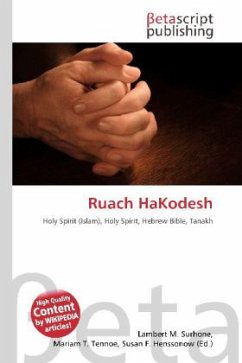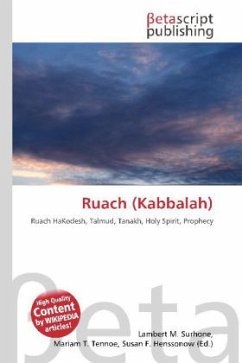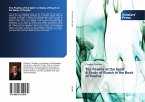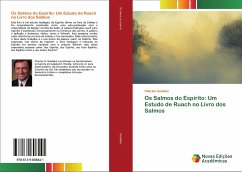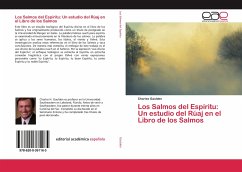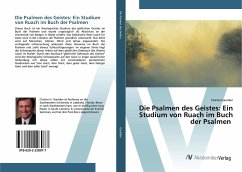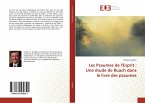Please note that the content of this book primarily consists of articles available from Wikipedia or other free sources online. Ruach HaKodesh (Hebrew: , meaning Divine Spirit or Divine Inspiration, literally "Holy Spirit", also transliterated Ruah Ha-qodesh) is the term used in the jewish Hebrew Bible (Tanakh) to refer to the Spirit of YHVH. The Ketuvim (works of Biblical wisdom literature) are believed to have been written under the Ruach HaKodesh, a level less than that of prophecy. Messianic Jews, a modern christian sect, ascribe this Hebrew name to the Holy Spirit, 3rd Person of the Trinity, of standard mainstream Christian belief. Ketuvim (Hebrew: , "writings") is the third and final section of the Tanakh (Hebrew Bible), after Torah (teachings) and Nevi''im (prophets). In English translations of the Hebrew Bible, this section is usually entitled "Writings" or "Hagiographa." The Ketuvim are believed to have been written under the Ruach HaKodesh, but with one level less authority than that of prophecy. In the Jewish textual tradition, Chronicles is counted as one book. Ezra and Nehemiah are also counted together as a single book called "Ezra".
Bitte wählen Sie Ihr Anliegen aus.
Rechnungen
Retourenschein anfordern
Bestellstatus
Storno

